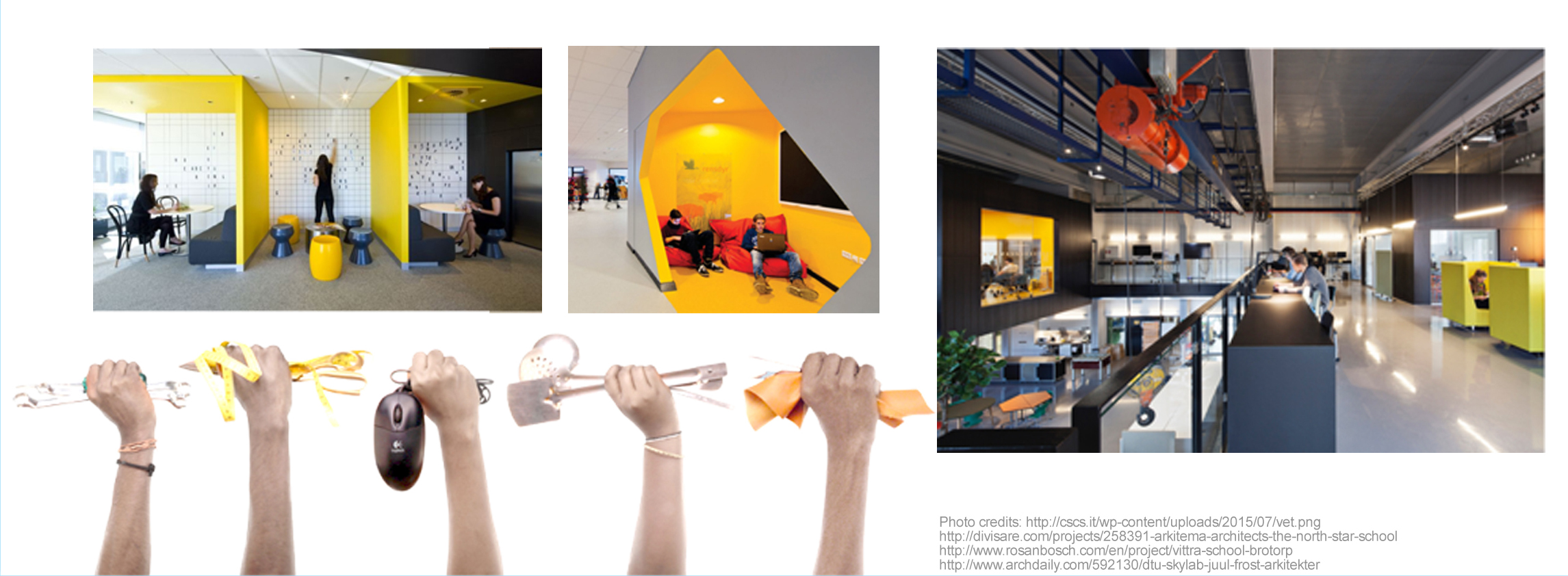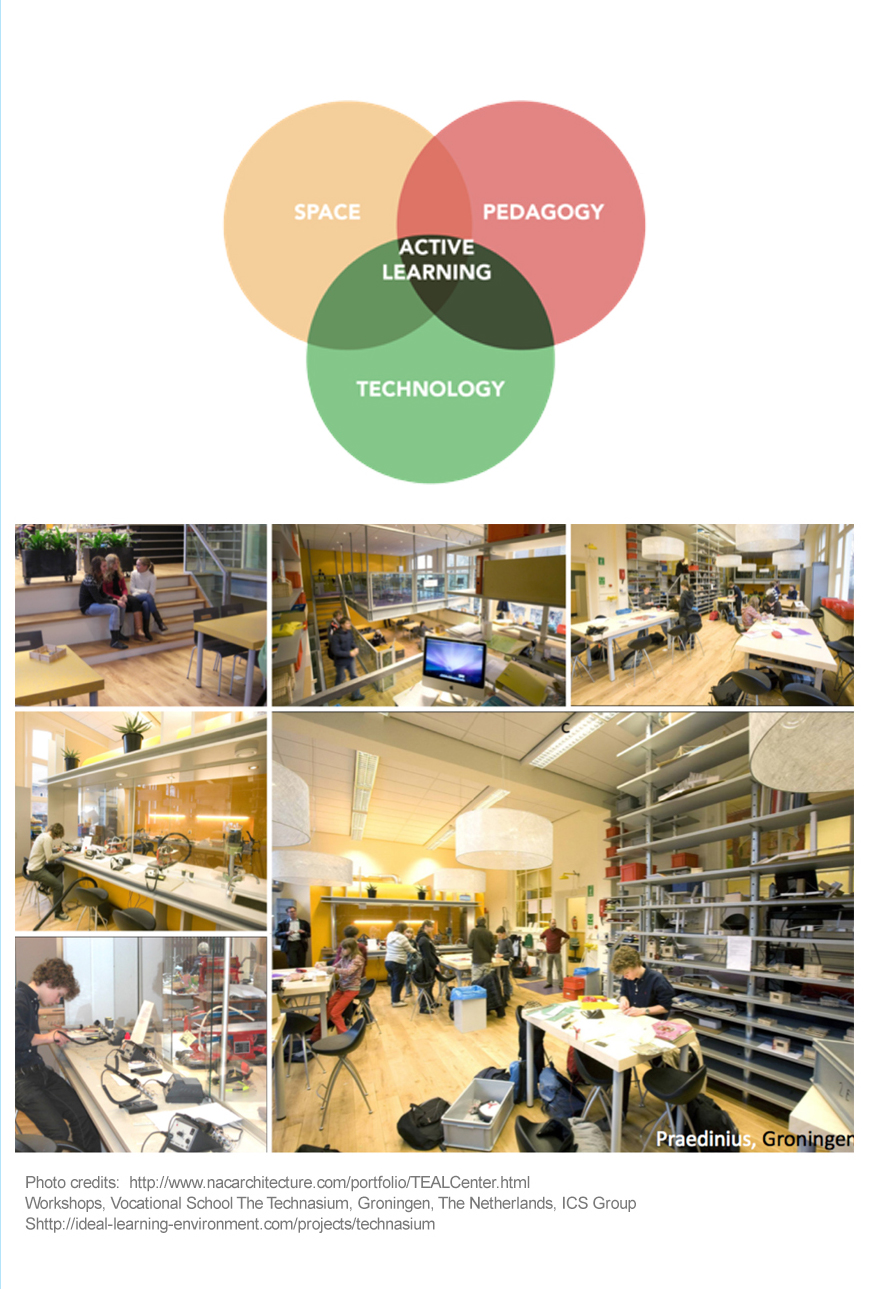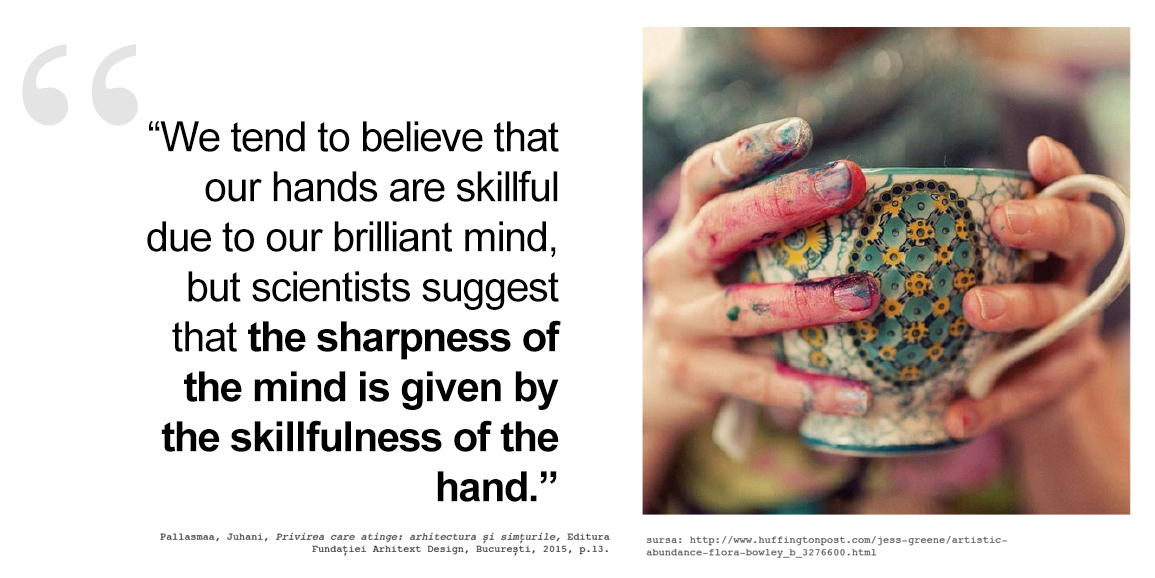Text de prezentare a lucrării:
“The only true source of knowledge is experience.” (Albert Einstein)
Cooperation between the architecture of educational environment and contemporary pedagogical theories represents a current and complex theme. It is based on understanding the learning process and the fact that the space of the school has direct influence on its users and on their educational performance, becoming itself a source of knowledge.
The research theme of the thesis is based on several questions that have later determined its structure:
• Which are the pedagogical theories and principles that influence the architecture of educational spaces and that enhance the learning process based on experience and practical activities?
• How do experiential learning principles translate into the architecture of learning facilities for vocational education?
• How can architecture create the connection between learning environments dedicated to hands-on activities and those dedicated to experiences generated by digital media?
The thesis has as starting point the fact that the educational process is highly influenced by merging pedagogical principles with architectural ones, by the cooperation between educators and architects, so, between those who design the way learning occurs and those who design the space where the learning process occurs. This connection is even stronger in the case of vocational schools. There has been proved that the environment of the school has major influence on the quality of learning, especially in this kind of teaching institutions where the interaction between students/teachers and the space of the school is significant as the learning process takes place through practical experience.
“Educational concepts can be woven in the structure of the school making it an active learning space, instead of a passive one. The learning environment «woven with information» becomes, this way, a three-dimensional book” (Taylor, Anne, Linking Architecture and Edcuation: Sustainable Design for Learning Environments, University of Mexico Press, Albuquerque, 2009)
In order to highlight the way that pedagogical models impact the educational space, I have synthesized data from specialised architectural and educational literature, and I firstly presented pedagogical theories that promote learning through experience, and then the consequences that they generate in terms of educational architecture.

